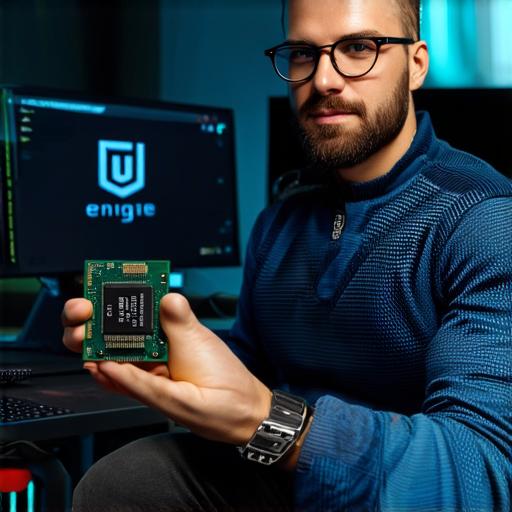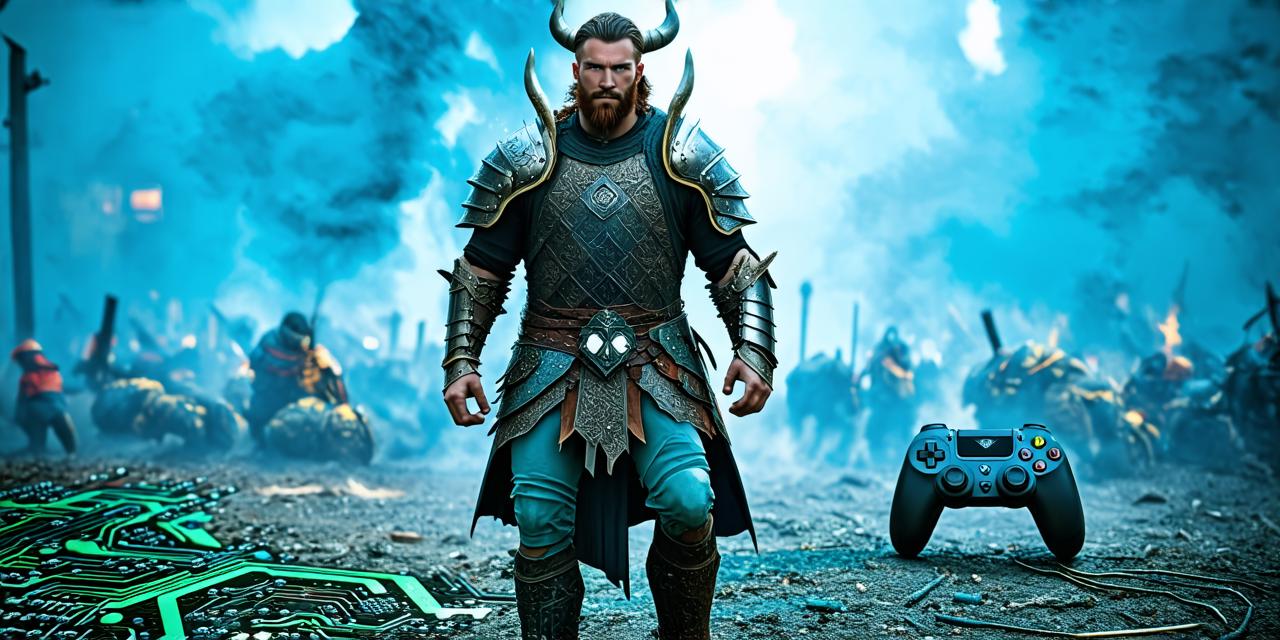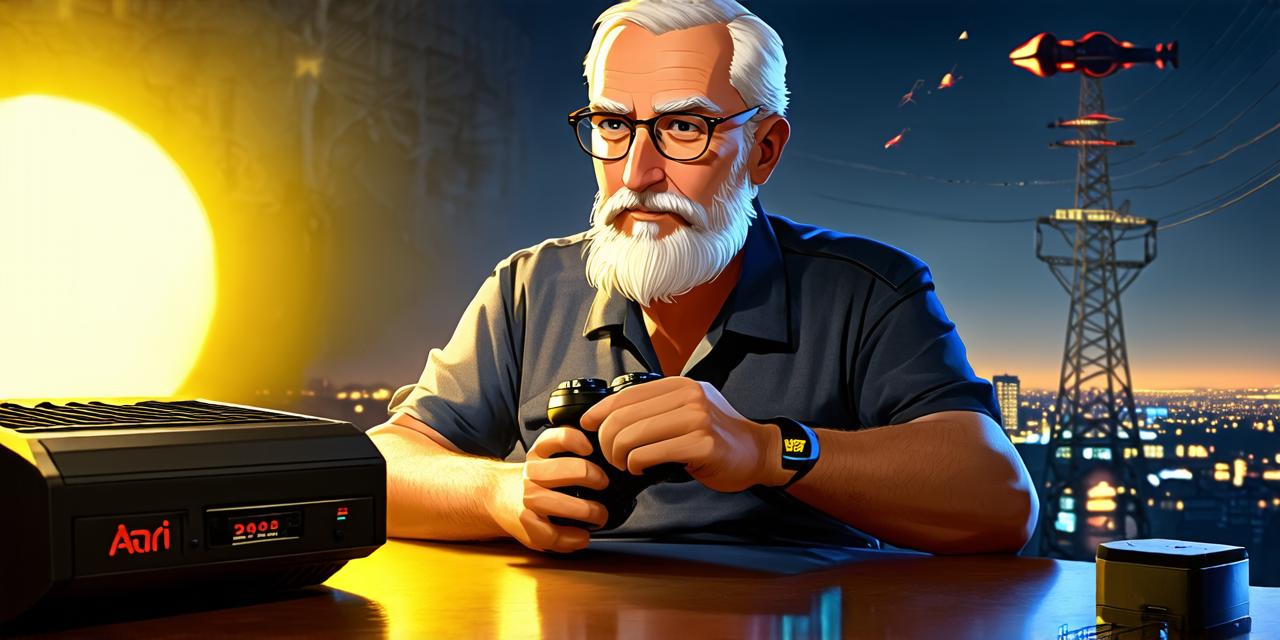Introduction
The world of game development is constantly evolving, with new technologies and platforms emerging all the time. One of the most critical aspects of game development is hardware engineering, which involves designing and building the physical components that make up a game console or computer. Hardware engineers play a crucial role in ensuring that games run smoothly and efficiently, and that players have a seamless experience. In this article, we will explore the art of recruiting hardware engineers for game development, including best practices, case studies, and expert opinions.
Why Hardware Engineers are Essential to Game Development
Hardware engineers are essential to game development for several reasons. Firstly, they are responsible for designing and building the physical components that make up a game console or computer. These components include processors, graphics cards, memory, and storage devices, among others. Hardware engineers ensure that these components work together seamlessly and efficiently, enabling games to run smoothly and without any technical issues.
Secondly, hardware engineers are responsible for optimizing the performance of games for different platforms. This involves identifying bottlenecks and inefficiencies in game code and working to improve them. Hardware engineers also collaborate with software developers to ensure that games are designed with optimal hardware specifications in mind.
Finally, hardware engineers are essential for keeping up with the latest trends and technologies in game development. This includes staying up-to-date on new hardware designs, such as virtual reality (VR) and augmented reality (AR), as well as emerging technologies like artificial intelligence (AI) and machine learning (ML).
The Skills and Qualifications Required for Hardware Engineering in Game Development
To be a successful hardware engineer in game development, you will need to have a combination of technical and soft skills. These skills include:
Technical Skills
* Strong knowledge of computer architecture and programming languages like C++, Assembly, and Python.
* Experience with hardware design tools like Verilog, VHDL, and FPGA.
* Familiarity with graphics processing units (GPUs) and other specialized hardware used in game development.
* Knowledge of low-level optimization techniques for improving game performance.
* Experience with debugging and troubleshooting hardware issues.
Soft Skills
* Strong communication skills to collaborate with software developers, project managers, and other stakeholders.

* Ability to work well in a team environment and manage multiple projects simultaneously.
* Attention to detail and strong problem-solving skills.
* Continuous learning mindset and willingness to adapt to new technologies and trends.
Recruiting Best Practices for Hardware Engineers in Game Development
When recruiting hardware engineers for game development, there are several best practices that you should follow to ensure that you attract the best candidates:
1. Define Clear Job Requirements: Clearly define the job requirements for your hardware engineering role, including the skills and qualifications needed to be successful in the role. This will help you attract the right candidates who have the necessary experience and expertise.
2. Use Multiple Channels to Advertise Job Openings: Advertise your job openings on multiple channels, including job boards, social media platforms, and industry-specific forums and groups. This will increase your chances of attracting a diverse pool of candidates.
3. Focus on Company Culture: Highlight the company culture and values in your job postings and during the recruitment process. This will help you attract candidates who share your values and are a good fit for your team.
4. Offer Competitive Salaries and Benefits: Offer competitive salaries and benefits to attract top talent. This includes not only salary but also stock options, healthcare coverage, paid time off, and other perks that can make a difference in a candidate’s decision-making process.
5. Provide Opportunities for Professional Development: Provide opportunities for professional development, such as training and conferences, to help your hardware engineers stay up-to-date on the latest trends and technologies in game development.
Case Studies: Successful Hardware Engineers in Game Development
To illustrate best practices in recruiting hardware engineers for game development, let’s look at some real-life examples of successful hardware engineers who have made significant contributions to the industry.
Example 1: NVIDIA’s Jensen Huang
Jensen Huang is the co-founder and CEO of NVIDIA, a leading manufacturer of GPUs used in game development. Huang has been instrumental in driving innovation in the gaming industry by developing new hardware technologies that improve game performance and graphics quality. Huang’s leadership has helped NVIDIA become one of the most successful companies in the tech industry, with a market capitalization of over $500 billion.
Example 2: AMD’s Lisa Su
Lisa Su is the president and CEO of AMD, another leading manufacturer of GPUs used in game development. Su has been instrumental in driving innovation in the gaming industry by developing new hardware technologies that improve game performance and graphics quality. Su’s leadership has helped AMD become one of the most successful companies in the tech industry, with a market capitalization of over $200 billion.
Example 3: Intel’s Raja Koduri
Raja Koduri is the vice president and chief architect of the Graphics Processing Unit (GPU) group at Intel. Koduri has been instrumental in driving innovation in the gaming industry by developing new hardware technologies that improve game performance and graphics quality. Koduri’s leadership has helped Intel become one of the most successful companies in the tech industry, with a market capitalization of over $200 billion.
Expert Opinions on Recruiting Hardware Engineers for Game Development
To gain further insight into recruiting hardware engineers for game development, we spoke with several experts in the field:
Expert 1: John Carmack, Founder of id Software
John Carmack is the founder of id Software, a pioneering game developer known for creating iconic games like Doom and Wolfenstein. According to Carmack



